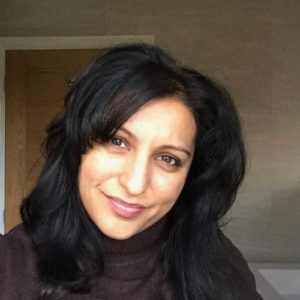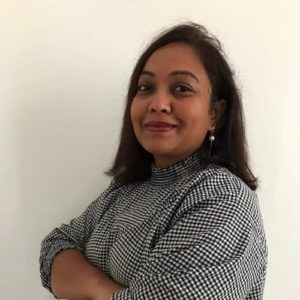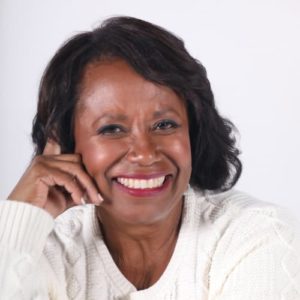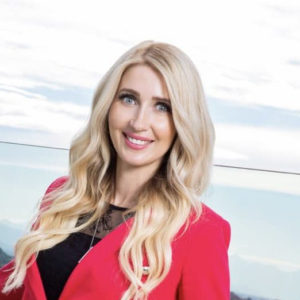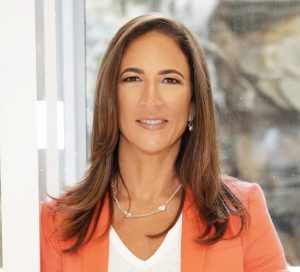
I was raised in Chicago in a predominately Black community full of working-class people. We were Black then, and now we are African American. My, how times change.
My parents were part of the great Black migration from the south. Overt, violent racism and segregation were a way of life in America, especially in the Jim Crow south.
My mother and father had no delusions that living in Chicago would be free of segregation or racism. Chicago was known as the most segregated melting pot in the world. Every ethnicity, race, and nationality could be found in Chicago, and there were clear neighborhood boundaries. You could drive down Halstead Avenue from the north to the south side, and every few blocks, you’d be in a different community. All along the drive, you could see the communities – Greek town, Chinatown, Czech, Irish, Polish, various South American countries, and eventually the Black community. Yes, segregation was alive and well.
I have to say, living with my parents and growing up during the height of the civil rights movement, I didn’t always understand how to withhold judgment based upon the color of a person’s skin. To me, all white people were, well… white. They could go anywhere and speak to anyone without fear of being attacked or, worse, killed. I couldn’t.
Yet my parents instilled lessons on presence, manners, and values – to help their children believe in the American dream. “Judge people based upon the content of their character and not the color of their skin.” And they also said, “verify then trust.”
As a child, you believe the rest of America is the same as your world. My world was a big segregated, melting pot where people from different backgrounds lived side by side, never really integrating. Black doctors, dentists, lawyers, store owners, ministers, insurance agents lived and worked in my community. Occasionally, someone of Asian or Jewish descent came to our community to open a store or do business, but that was a rare occurrence during my childhood.
So, imagine my culture shock when I was awarded a scholarship to attend college in Sioux Falls, South Dakota. Whereas Chicago was a melting pot, Sioux Falls wasn’t. Moreover, I was one of a handful of Black people at the Sioux Falls college – and unlike today, most had never seen a Black person.
I finally made it to my senior year, destined after many trialsto be an elementary school teacher. I was assigned a kindergarten class in a local school. From day one, there was one little boy, Derrick, who wouldn’t speak to me. He was a five-year-old, blonde, blue-eyed boy who ran if I came near him. He would hide behind the supervising teacher if I came near him. The teacher couldn’t explain why he treated me differently as the other children seemed to be ok around me.
This game of duck and hide went on for about a month. Then, while I was reading a story to the kids, he came up to me and blurted out, “don’t you ever take a bath?”
My supervising teacher gasped and sternly said, “Derrick! You apologize right now!”
As the words came out of her mouth, I bent over looking him in his eyes and calmly said, “I bath every day,” and asked why he would say something like that. He said with a bit of disgust in his voice, “because you look like you’re covered in poop.”
As the words dripped from his mouth, my mind whirled through various thoughts, but suddenly I realized he hadn’t ever met a Black person. Miraculously, I remained composed and ask him if he wanted to wash it off. He nodded, and we moved to the sink in the corner of the room.
Derrick confidently lathered up a washcloth and began scrubbing my hands and arms over the sink basin. Now, twenty-something curious kids jumped up and came over to watch as Derrick scrubbed and scrubbed my hands and arms.
Finally, another child said, “it’s not coming off.” Confidently, I said “that’s right. Some people have dark skin because of the pigment called Melanin.” It turned into a conversation about why some people are dark-skinned, and others aren’t. The teacher grabbed a globe, and it turned into one of the most remarkable teaching moments for me, my supervising teacher, and those kids.
That one lesson turned into a question that haunted me for years, “When is it ok to ask insensitive, maybe stupid, questions?” As I navigated my career to the top as an HR executive. I learned that curiosity leads us to ask questions, but we don’t ask some key questions because they are considered to be insensitive and hurtful.
Everyone is filled with questions and having a culture where those insensitive questions can be asked from a place of curiosity is the foundation for innovation, belonging, and inclusion.
Our inability to create workspaces where people can feel safe asking questions, making mistakes, and being human without the weight of judgment, keeps executives struggling to implement their strategic plans.
When asked, “What is your superpower?” I say it is my storytelling ability. Our stories are the prisms we use to filter every decision we make.
I’m blessed that people are comfortable telling me their stories. I turn their stories into lessons that inspire them to connect their values and beliefs to results.
My stories are so powerful I wrote a book capturing them, and the result is lives are changed for the better.

